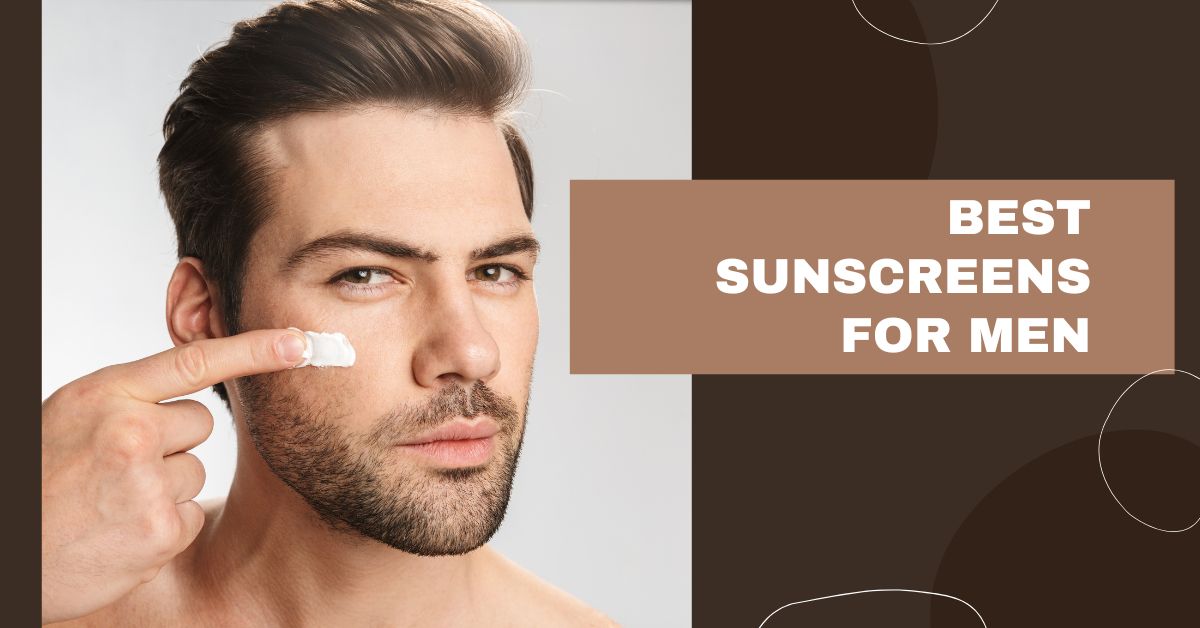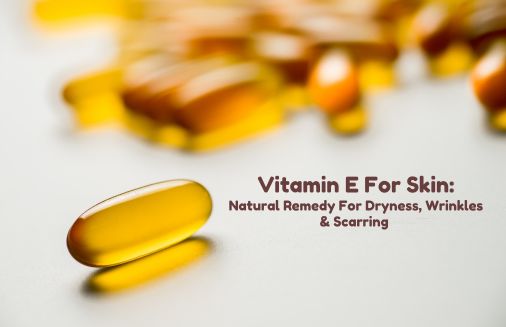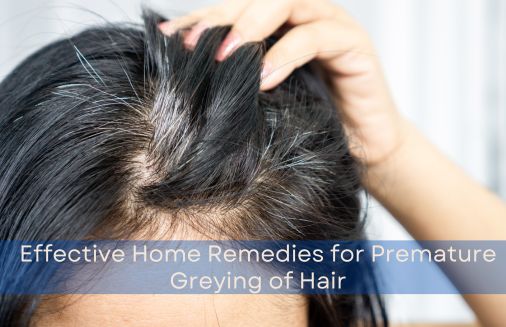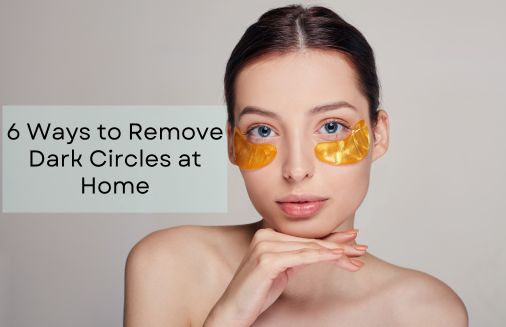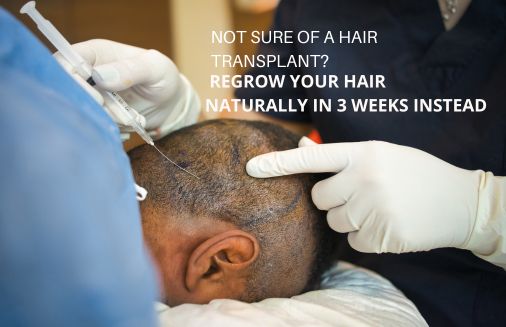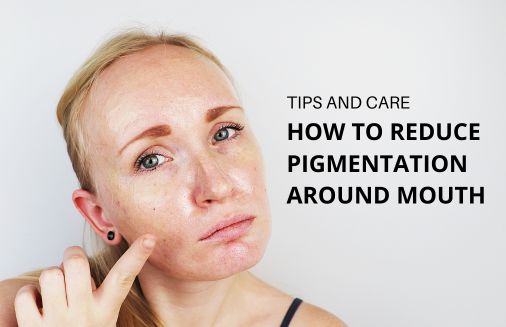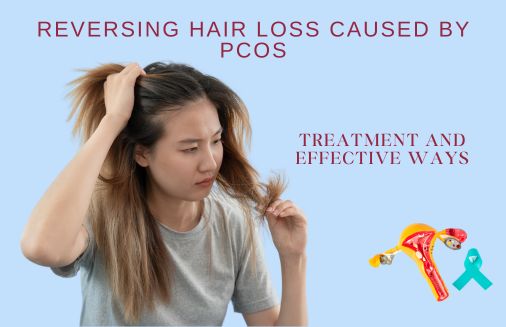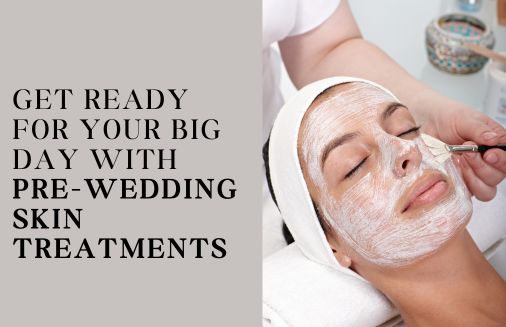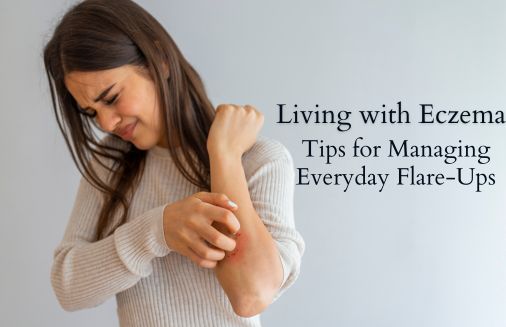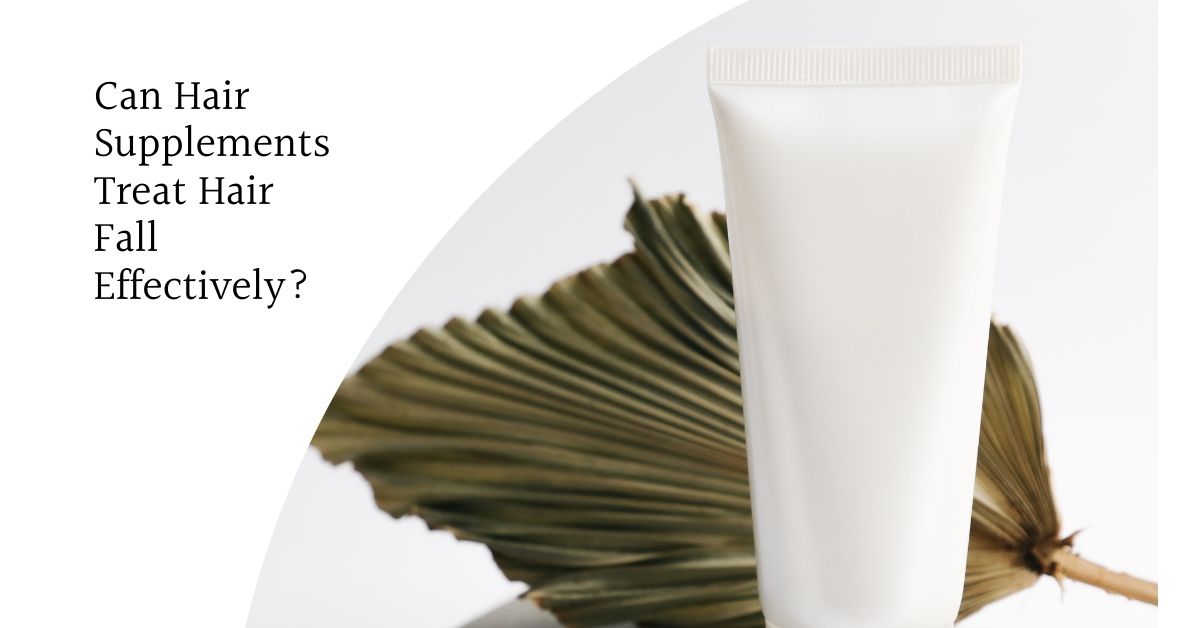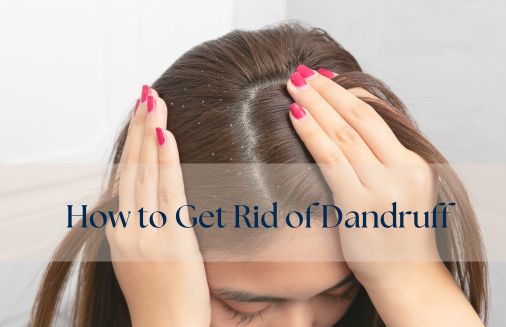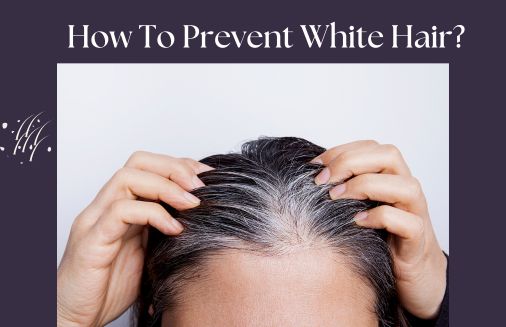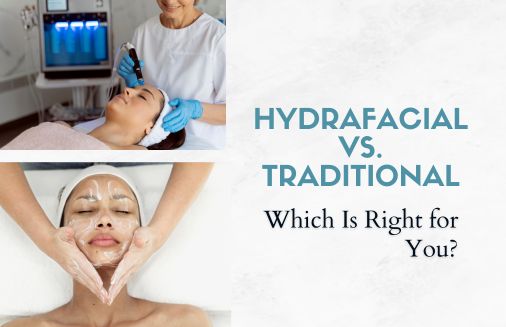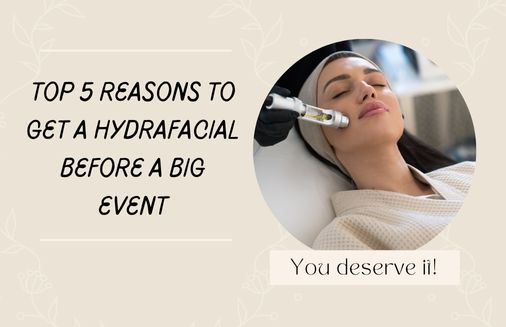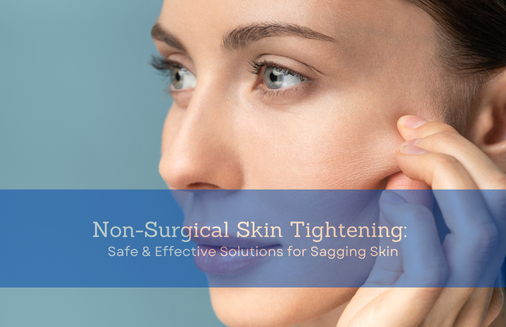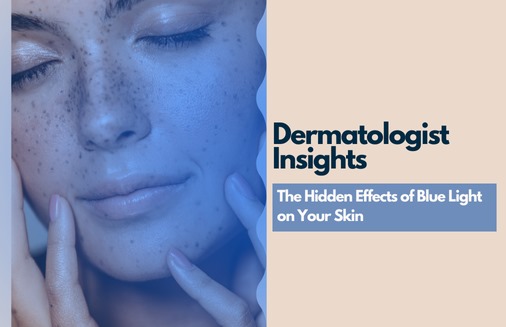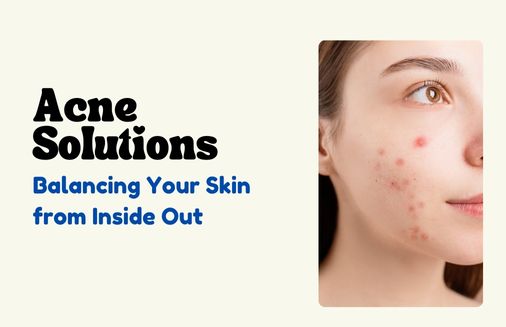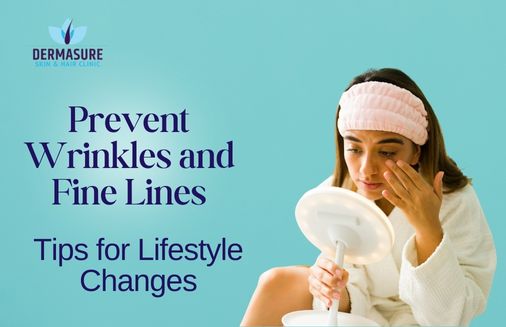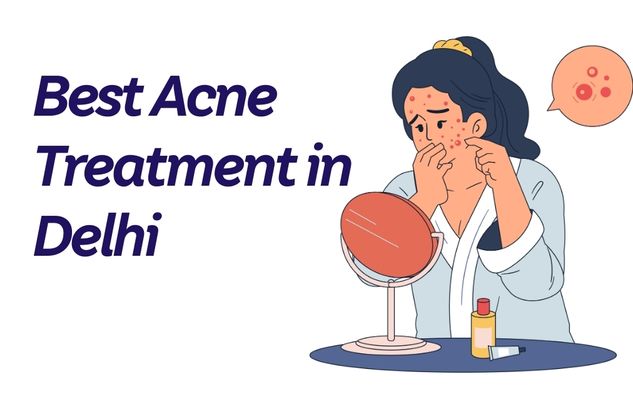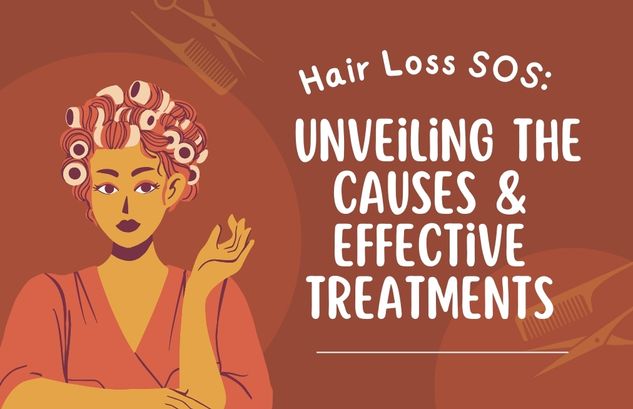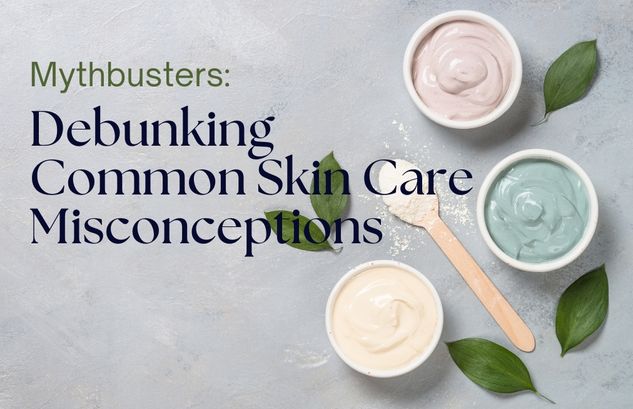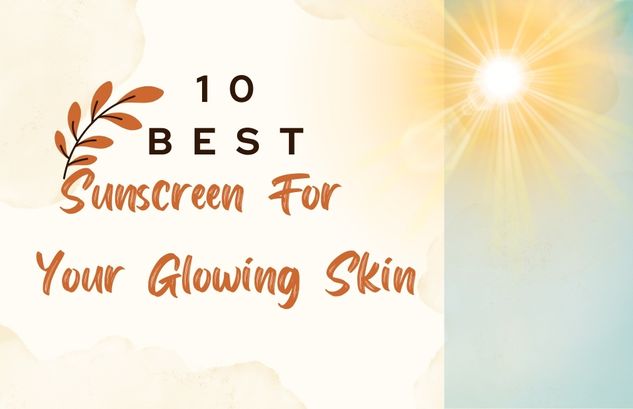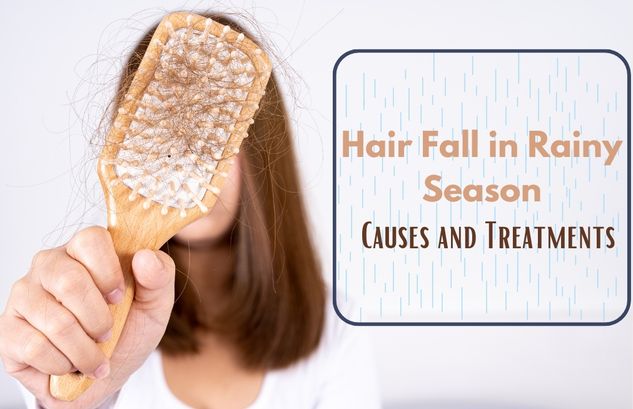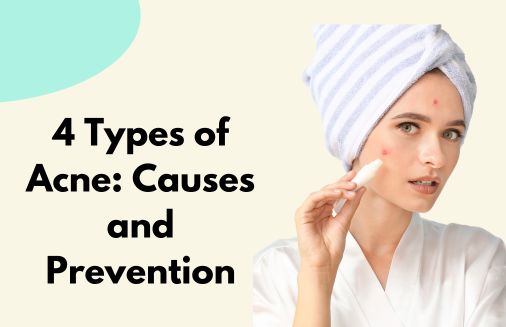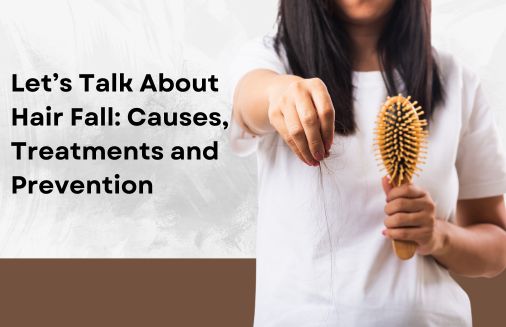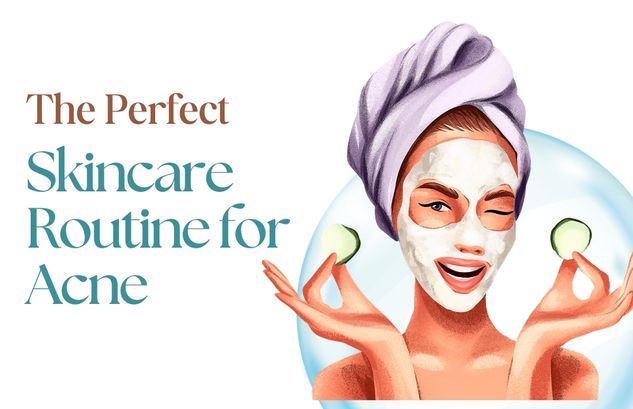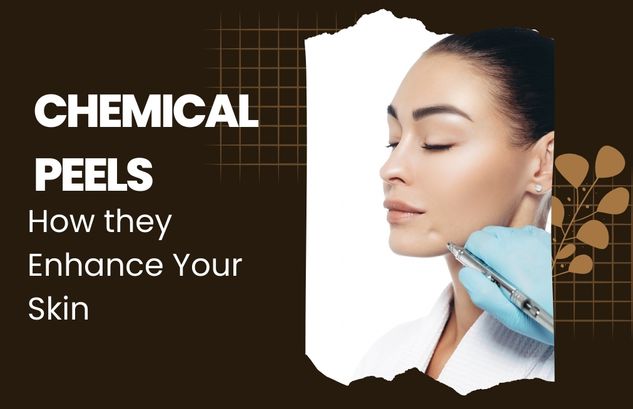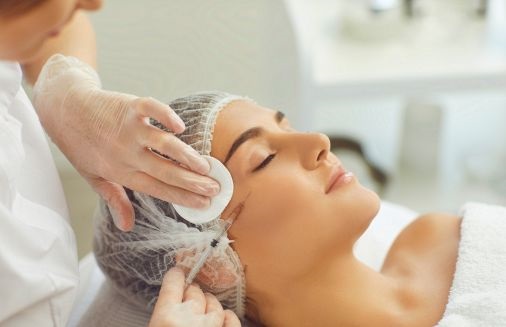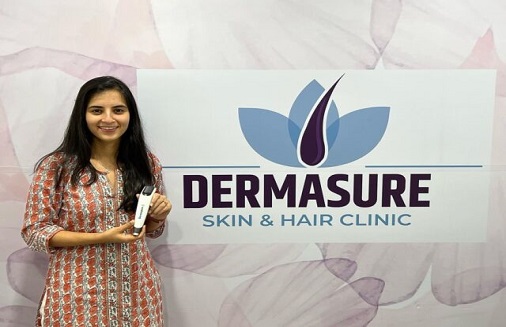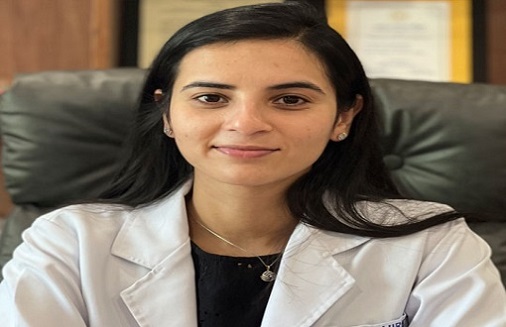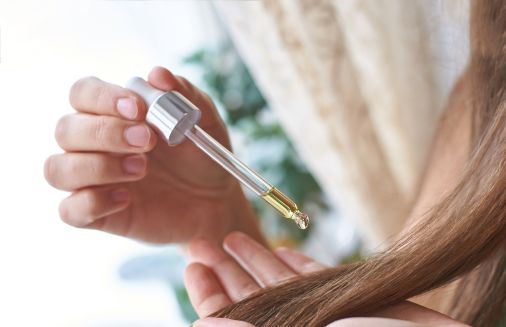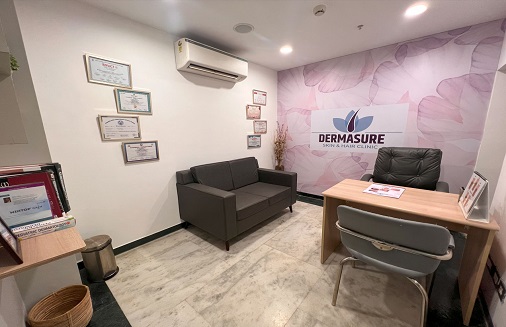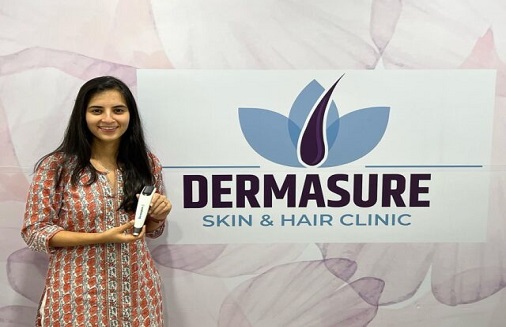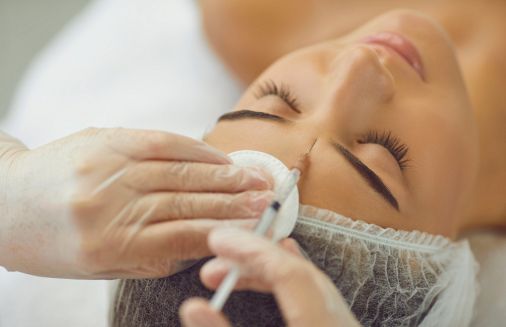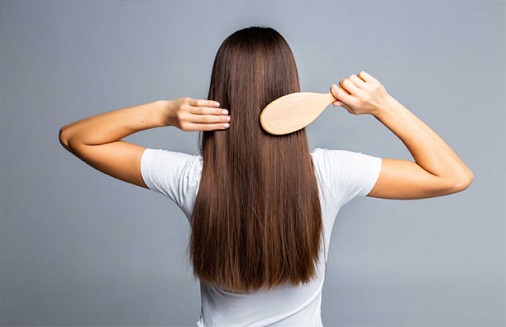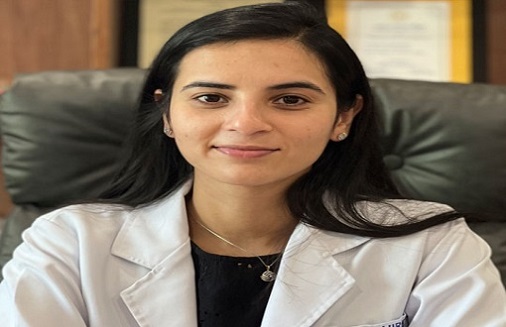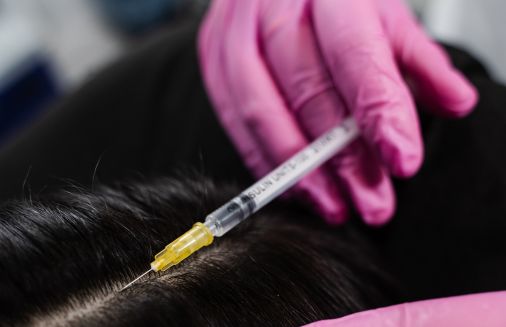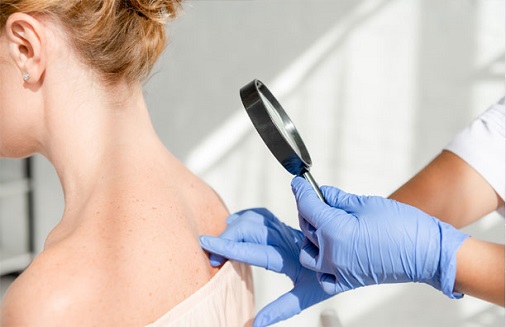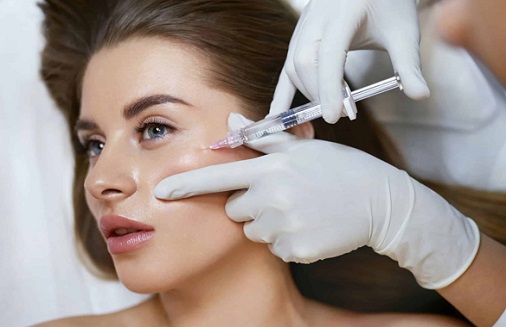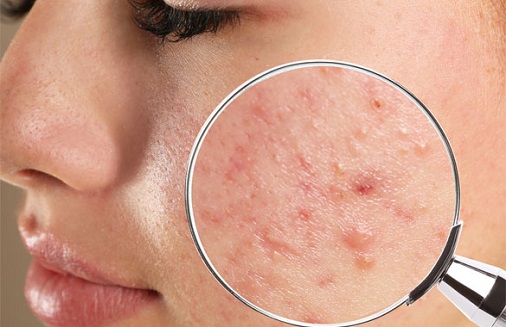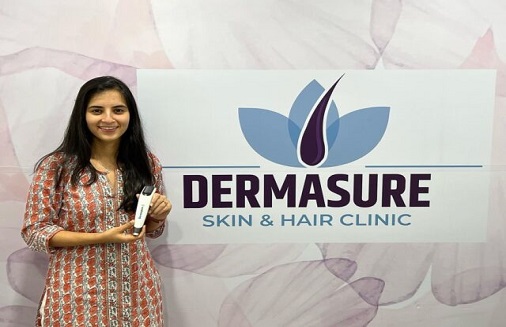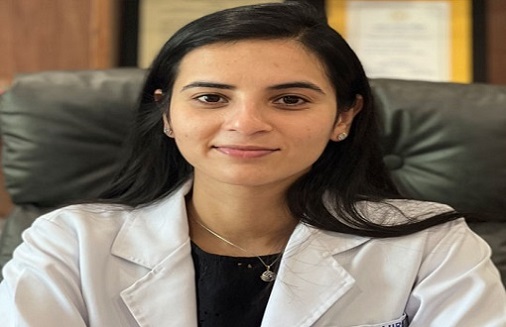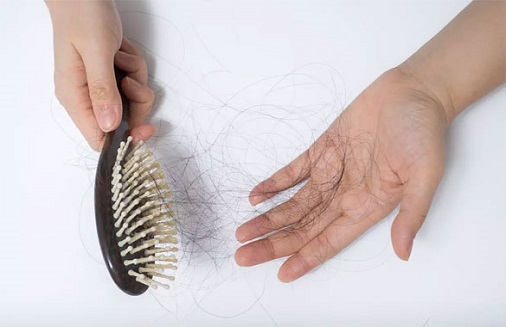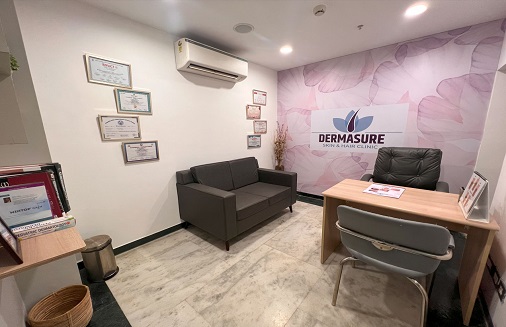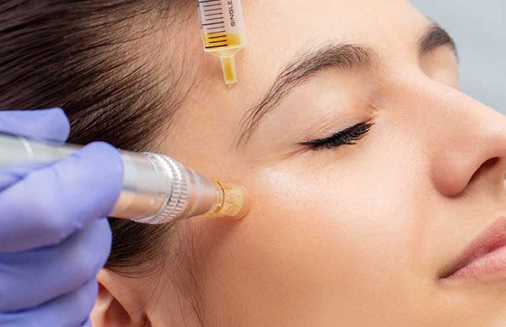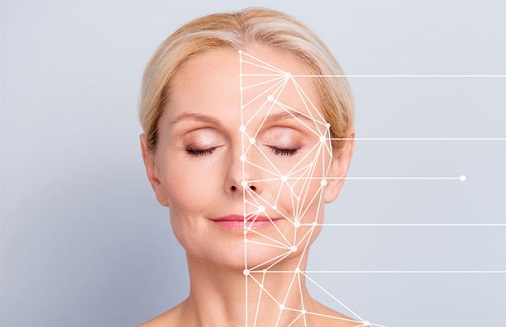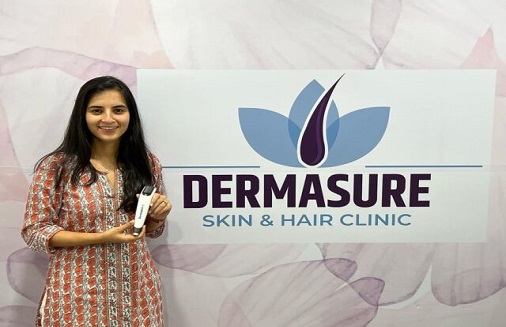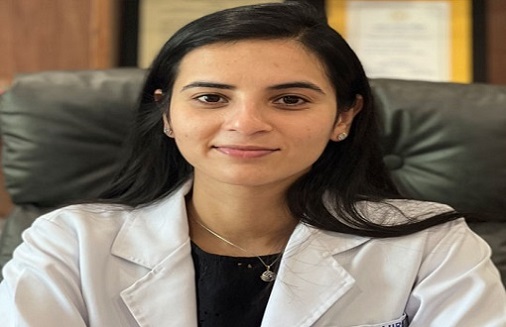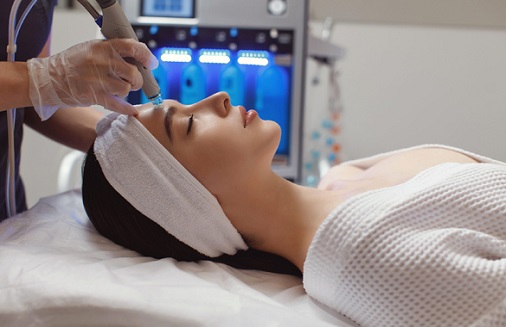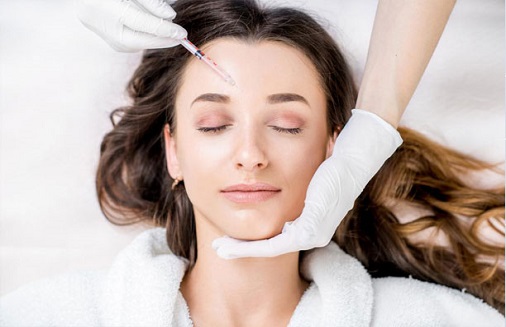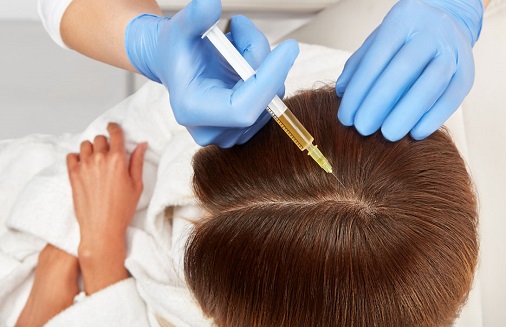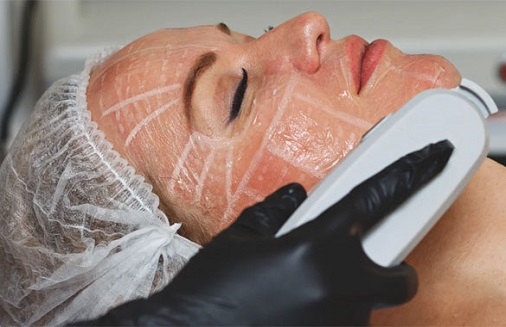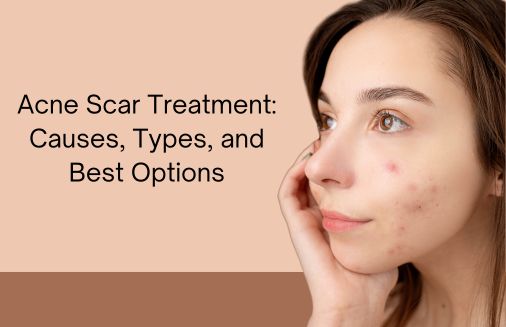
Scars are beautiful…
Embrace your scars…
Among 100 other things that movies tell us.
Little do they say how scars can impact your self confidence and disrupt your daily life by merely existing. Scars go a long way to exacerbate body image issues if not addressed on time.
But beyond generic and aesthetic complications, there are strong medical reasons as to why scars shouldn’t go untreated. As the scars tend to get more noticeable over time, they may spread to other parts of the skin and cause immense discomfort.
This article helps you navigate acne scars, their causes, their types and suitable treatment options.
Please note that this article is educational, and in no way it tends to replace a dermatologist’s advice.
What are Acne Scars?
Acne scars are marks left behind after the acne itself has gone away. Acne scars are common, with about 1 in 5 people having acne scars on areas like face, chest, or back.
If you have acne scars and wish to make them less noticeable, a dermatologist (skin doctor) can help. They can look at your skin and suggest quality treatment, keeping your comfort, skin type and severity of the condition in mind.
What Causes Acne Scars?
Acne scars occur due to inflammation of acne blemishes. The acne pore swells and breaks down as a part of its natural disintegration.
Some acne blemishes are small and the scars created are shallow and heal quickly. Sometimes the contents of blemishes spill into the surrounding tissue and cause deeper scars.
Your skin can scar after acne for a few different reasons:
Deep skin damage: Any type of acne can leave a lasting mark. But scarring is more likely if your acne goes deep into your skin. For instance, nodules, which feel like hard lumps under your skin, and cysts, which are full of pus and can be painful to the touch, are both likely to leave scarring.
Picking at pimples: Most people have a common psychological response to want to pick at or squeeze a pimple. But doing this can only make it worse as it inflames your skin more and creating a deeper scar.
Your body’s healing process: For instance, if your body makes too much collagen to heal the area, it can cause raised scars. This is more likely to happen if you have dark skin. On the other hand, too little collagen can cause sunken acne scars.
Genetic reasons: Acne scarring can also be inherited. If a close family member had acne scarring, you too may be prone to it. People with dark skin are also at more risk of scars than people with pale or lighter skin tones.
Types Of Acne Scars
Here are some forms of acne scars that can occur due to one’s skin type or other factors:
Atrophic Scars
Atrophic scars are flat, shallow depressions that heal below the top layer of skin. These scars are commonly caused by severe cystic acne. However, other types of acne can cause them as well.
The appearance of atrophic acne scars can vary depending on a person’s history with acne. There are three types of atrophic scars:
Boxcar Scars
Boxcar scars are broad, usually box-like depressions with sharply defined edges. Boxcar scars are caused by widespread acne, chickenpox, or varicella, a virus causing a red, itchy rash with blisters.
Boxcar scars most often form on areas like the lower cheeks and jaw, where skin is relatively thick.
Rolling Scars
Rolling scars have a varying depth, with sloping edges that make skin appear wavy and uneven.
Icepick Scars
Ice pick scars are smaller, more narrow indentations that point down into the skin’s surface. These scars are common on the cheeks.
Ice pick scars tend to be very tough to treat, and often require persistent, aggressive treatment.
Hypertrophic & Keloid Scars
Unlike atrophic scars, hypertrophic and keloid scars form as raised lumps of scar tissue where the acne once was. This happens when scar tissue builds up, sometimes from previous acne spots.
Hypertrophic scars are the same size as the acne that caused them. Keloid scars create a scar larger than the acne that caused them and grow beyond the sides of the original spot.
Keloid scars are similar to hypertrophic scars but tend to be thicker than the original acne spot. There may be hyperpigmentation, making them darker than the surrounding skin. They may be red or brown. There may also be itching or pain.
Hypertrophic and keloid scars are more common on areas such as the jawline, chest, back, and shoulders. People with a darker skin color are more likely to develop this type of scarring.
Have any of these acne scars? Get expert care at Dermasure Skin & Hair Clinic.
Best Treatment Options for Acne Scars
While there is no single treatment for stubborn acne scars, you may be usually advised by your dermatologist to follow a combination of the below listed approaches. These might heal the acne scars over time along with improving your skin. This further depends on the intensity of scarring and your skin type.
At Dermasure, we treat acne scars with the best treatment options available for your condition. Dr. Shirin Bakshi, our leading dermatologist is a professional skin and hair specialist who examines your acne scars and suggests the right treatment plan according to your skin, lifestyle and comfort.
Here are some of the best acne scar treatment options offered at Demasure.
Follow quality skin care at home: While intending for the scars to go away, you must follow a skin care regimen that helps you limit the contrast between unscarred skin and a scar. Products like sunscreens, medicated creams with azelaic acid or hydroxyl acids, might help as well. Make sure you don’t touch your scars often and avoid allergic foods that worsen inflammation.
Soft tissue fillers: Injecting collagen, fat or other substances under the skin can plump the skin over indented scars. This is a quick fix since the goal here is to make the scars less noticeable. The results of these fillers are temporary, so you may need repeat treatments to retain the effect. This method is safe and minimally invasive.
Laser resurfacing: This technique is not only effective for acne scars, but also for fine lines, wrinkles, sun spots, and even tattoos and sagging (loose) skin. Laser resurfacing is increasingly becoming popular and is often used on scars that were once treated with dermabrasion.
Acne scar laser treatment in Delhi helps reduce the appearance and texture of raised scars. Treatment with a pulsed dye laser can also help reduce the color of hyperpigmented scars. It is important to note that laser treatment is not suitable for everyone, and will depend on the type of acne scarring and the person’s skin type. The treatment may also cause a reaction in some people, especially those with sensitive skin.
Dermabrasion: This procedure is usually reserved for more severe scarring. The dermatologist removes the top layer of skin with a rapidly rotating brush or other device. Surface scars may be completely removed, and deeper acne scars may appear less noticeable. Potential severe side effects include scarring and changes in skin color.
Chemical peel: This is one of the most reliable and minimally invasive acne scar treatments in delhi for minimal to medium scarring. applies a chemical solution to the scar tissue to remove the top layer of skin and minimize the appearance of deeper scars. You can repeat mild and medium peels to maintain results. You can have only one deep peel.
Skin needling: In this procedure, the dermatologist rolls a needle-studded device over the skin to stimulate collagen formation in the underlying tissue. It’s a safe, simple and possibly effective technique for acne scarring. It has minimal risk of discolouring the skin. Results are subtle, and you may need repeat treatments.
Surgery: This is reserved for severe scarring. The dermatologist performs a minor excision, that cuts out individual acne scars and repairs the wound with stitches or a skin graft. The dermatologist then inserts needles under the skin to loosen fibers below a scar, also known as subcision.
OnabotulinumtoxinA (Botox): Sometimes the skin around acne scars puckers. Injecting Botox relaxes the surrounding skin, which may improve the appearance of an acne scar. Results are temporary, so repeat treatments are needed to retain the effect.
Want to do away with your acne scars? Get the best acne scar treatment in Delhi. Give us a call or stop by our clinic to get your scars checked.


